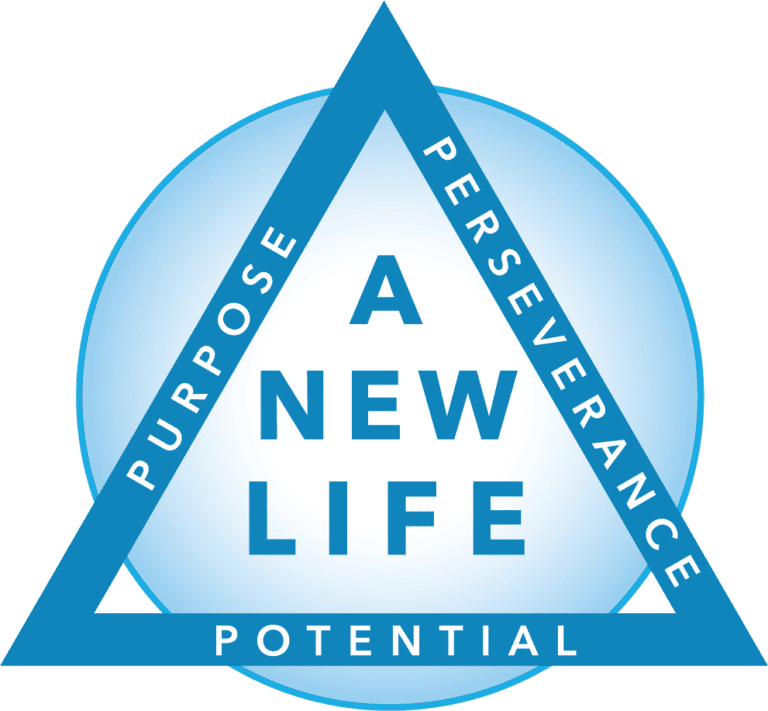
Alcohol addiction is something not easy to fight; however, with the right strategies and determination, it is something that one can always win over with strong willpower and the support of beloved people.
Starting a sober life journey will call for commitment to change and readiness to act on practical steps. It is where the blog pinpoints the five pivotal steps to conquering alcohol addiction, paving the way toward new, healthier, alcohol-free living. Acknowledge the Problem and Decide to Make a Change
The first and often most challenging step in overcoming alcohol addiction is acknowledging that you have a problem.
The first and most important thing one may realize after being convinced of the impacts of alcohol negativity in one’s life, either self-reflectively or through friends, family, and professional feedback, is making a decision: a decision to change. That is the first brick in the foundation of your recovery—a conscious decision. It would help if you realized that it is a matter of will not to beat any addiction. It is also much about changing your way of living and finding alternative ways of avoiding stress and other emotions instead of soothing them by consuming a sure thing.
Seek Professional Help and Support
Recovery cannot be a single-handed journey. The involvement of professionals would ensure that you are aware of the direction and tools that will lead you to success. Addiction specialists help people deal with whatever factors are driving their addictions.
The support of a group like Alcoholics Anonymous (AA) would also give him some fraternity and responsibility to the members. The stories of others on the same walk would be very motivational, making them less affect the sense of loneliness.
Establish a Strong Support Network
Besides this, one must build a strong network of friends and family who support their cause. These refer to people who support your choice of living a life free from alcohol and will be of service to you in this process. It may involve quite a lot of change in the social realm—lots of staying away from friends who encourage drinking. Be open to the support network about your struggles and success; their encouragement might be a powerful motivator.
Developing Healthy Habits and Hobbies
Alcohol addiction often fills a void or serves as a coping for the person when they struggle with stress, boredom, or other kinds of issues. Recovery from alcohol addiction usually involves finding or getting involved in entirely new, healthy habits and pastimes. Focus on what you can do to engage in activities enhancing physical health, such as exercise that may improve the mood and decrease stress.
Engage in hobbies or do things where you can achieve accomplishment and pleasure from gaining new experiences or skills. These activities can offer a meaningful distraction and help redefine your sense of self beyond alcohol.

A Roadmap to Recovery: Five Steps to Overcoming Alcohol Dependency
The road out of alcohol dependency is highly individual and, at the same time, arduous. One walks it toward the culmination of a most rewarding destination: a life of freedom and fulfillment not reliant on alcohol.
This blog, therefore, becomes a brief and handy roadmap for those ready to embark on this transformational journey. The following are the three strategic steps that help people with an addiction negotiate through their addiction and toward leading a life of sobriety and wellness.
1. Embrace Self-Reflection and Commitment
The first step toward recovery lies in introspection and commitment to change. One, of course, first needs to realize and accept that binge drinking is no longer a suitable answer to life. It is often accompanied by mixed emotions—from fear to hope—in this instance of self-recognition.
It’s important to channel these feelings into a solid commitment to pursue sobriety. It was through this commitment that reasons to quit drinking—whether they were concerns for health or goals set in relationships and careers—could be written out and tied to provide an anchor that keeps one accurate through the recovery process.
2. Seek Specialized Assistance
Starting a course of sobriety is such a complex and challenging task that professional help is invaluable. It might include addiction specialists, such as therapists and counselors, who provide advice for a person with a substance use disorder in a personalized manner.
3. Cultivate a Supportive Environment
This is a significant factor to consider: social networks are critical in the path to sobriety. This social network should primarily consist of friends, family, and peers who can understand and support the difficulties associated with addiction.






